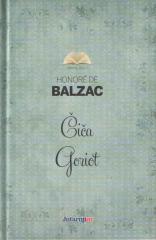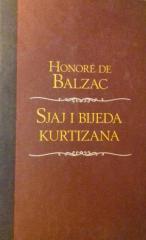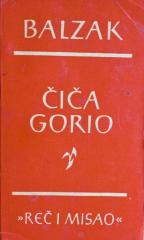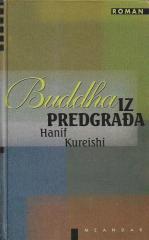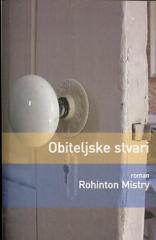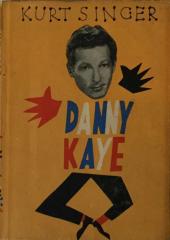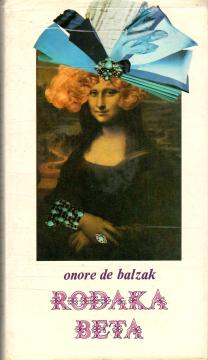
Rođaka Beta
Roman daje presek porodičnih odnosa u doba pisca. Mnogi muškarci su prevarili svoje žene da bi jednu noć uživali u nekim zadovoljstvima. Nisu imali pojma da su njihove žene zbog toga imale psihičke traume.
This novel is about the licentious life of Parisians. The novel shows us what the life of an old man who lives a harlot's life looks like. He sleeps with Valeria, and betrays Adelina, whom, later, he convinces that he still loves; but treason is treason. She can't whitewash it, and yet, like some women, she still loves him; it is a woman's instinct to love the man with whom she has been married for so long.
But Valeria also lives a licentious life, only in a slightly different way. She tells many people, among other things, and one Brazilian, a certain count, that she is in love with them; she beats everyone, she treats everyone like her future husband. How is it possible? It is possible to. That woman skillfully controlled four men with her beauty and cunning, whose fate depended on her. That's why Balzac is a comprehensive writer.
The family that Balzac writes about ends up falling apart completely. It is neither financial decay nor overly spiritual. It is decay due to betrayal, lies, fraud. Such a life was led by many high personalities of Paris, and Balzac brilliantly portrayed it. Cousin Beth, who was a bit vindictive at first, was really sorry for all this: she wanted to help, with all her heart, even though she came from a not so rich background.
Ovaj roman govori o raspusničkom životu Parižana. Roman nam prikazuje kako izgleda život jednog starca koji živi bludničkim životom. On spava sa Valerijom, i izdaje Adelinu, koju, posle, ubeđuje da i dalje voli; ali izdaja je izdaja. Ona to ne može da probeli, a opet ga, kao i neke žene i dalje voli; to je neki ženski nagon da voli čoveka s kim je toliko bila dugo u braku.
Ali, Valerija isto tako živi razvratničkim životom samo na nešto drugačiji način. Čestorici ljudi, između ostalog, i jednom Brazilijancu, nekom grofu, ona govori da je zaljubljena u njih; svima tepa, prema svima se odnosi kao sa svojim budućem mužem. Kako je to moguće? Moguće je. Ta žena je vešto kontrolisala svojom lepotom ali i lukavstvom četvoricu muškaraca, čija je sudbina zavisila od nje. Zato je Balzac posve obiman pisac.
Porodica o kojoj Balzac piše na kraju se potpuno raspada. To nije ni finansijsko propadanje, a ni preterano duhovno. To je propadanje zbog izdaje, laži, prevare. Takav život vodile su mnoge visoke ličnosti Pariza, a Balzac je to sjajno prikazao. Rođaka Beta, koja je u početku bila malo osvetoljubiva, bilo je odista žao zbog svega toga: ona je htela da pomogne, od sveg srca, iako je potekla iz ne tako bogate sredine.
Balzak je, ovim romanom, prikazao lažnu ljubav, a sa druge strane, da bi postigao efekat što tragičnije priče, uveo je u roman ljude pune dvoličnosti, vlastoljubivosti i samoživosti. Sam pisac kaže: "Razvratnici, ti kopači zlata, krivi su onoliko koliko i drugi zločinci koji se kažnjavaju strože od njih." To znači da on smatra da su razvratnici razbojnici koji uporno pljačkaju ljudski moral, dostojanstvo i poštenje. To su ljudi kojima ljubav, istinska ljubav, koja podrazumeva i međusobnu toleranciju i poštovanje, ništa ne znači. Kroz likove koji u sebi imaju ljubavi, ali neotkrivene i samim tim zapostavljene, Balzac pokazuje da je razvratnički život bio i da će uvek biti. Zato je ovaj roman, između ostalog, i poruka ljudima da upoznaju sebe i svoju ličnost, svoje potrebe i zadovoljstva, i da se sami sebi otkriju.
One copy is available
